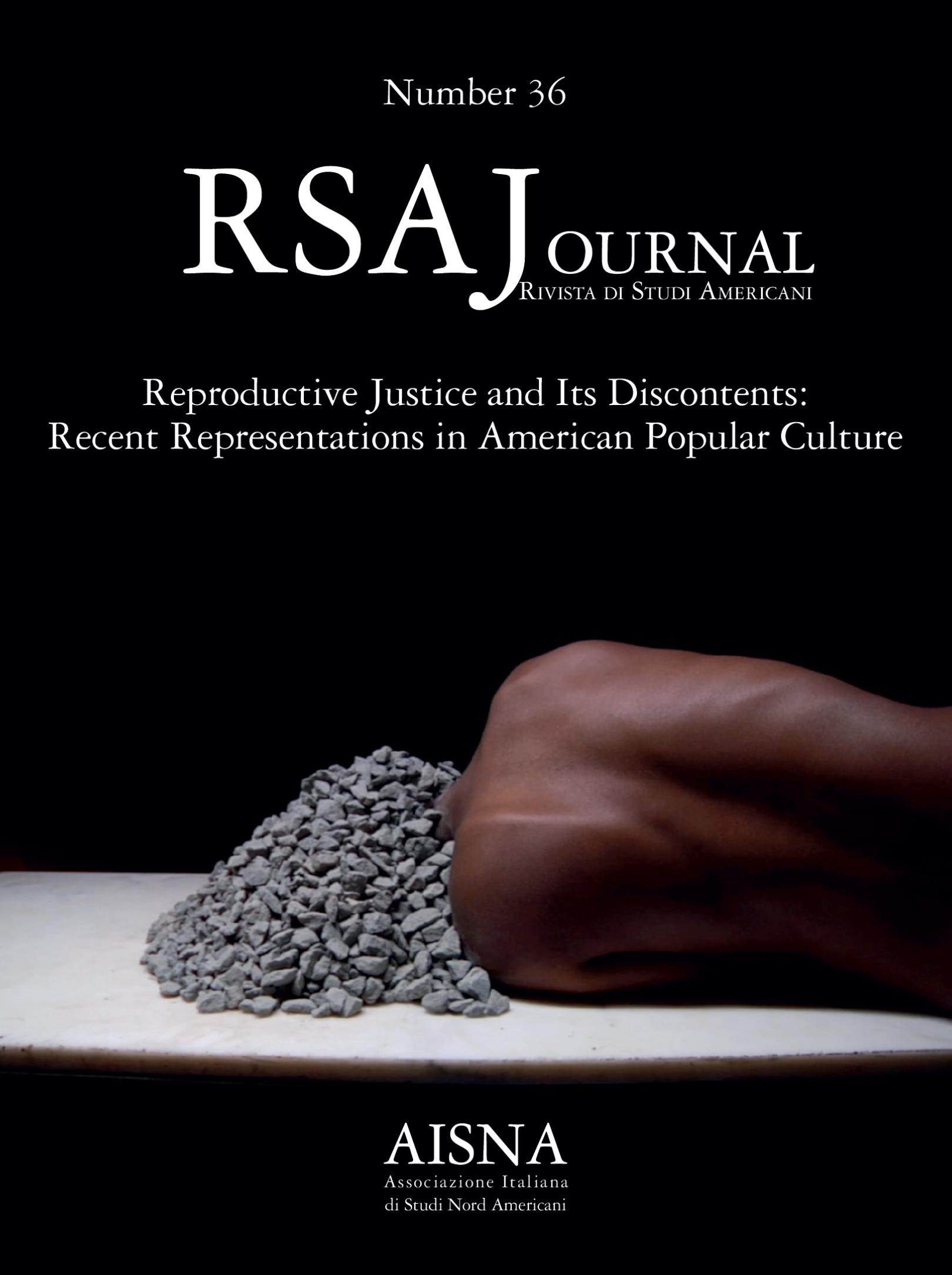Unveiling an Absent Presence
Spaces of Breastfeeding in Contemporary Narratives
DOI:
https://doi.org/10.13135/1592-4467/11857Keywords:
Breastfeeding, Feminism, Media, Literature, Public HealthAbstract
Breastfeeding as a complex discourse, and how different subjects enter this discourse, handle it, and entwine it with the embodied practice of lactation, have become increasingly visible and important matters at a historical time when the medical encouragement to breastfeed openly clashes with the impracticality, for many, of pursuing the activity. Against the background of this contemporary contradiction, this essay proposes to explore the subject of breastfeeding in selected contemporary narratives. I shall offer examples of how a historical cultural repertoire of lactation signs and motifs entwines with contemporary debates around breastfeeding – already themselves articulated across several spheres, from medical discourse to feminist criticism to cultural studies to the health humanities – and ‘seeps’ into creative products from highbrow to middlebrow. Among relevant works are novels (for instance, by Toni Morrison and Shanthi Sekaran), tv series (among which ER, House, M.D., Desperate Housewives, and Game of Thrones), and films. Overall, albeit in different ways and with profoundly different implications, such works can be discussed as creative responses to an existing contradiction: one between acts of breastfeeding and the existence of obstacles to the realization and instantiation of this practice. I am especially interested in representations and readings that question the ‘privatization’ of breastfeeding, revealing instead its existence as a public issue, beyond the idea of parenthood as (neoliberal) ‘identity work’. I also hope to illustrate how the ‘absent presence’ of reastfeeding channels and contributes to revealing contemporary anxieties about gender, sexuality, race, motherhood, parenthood, and medicalization/healthcare. Some of the works analyzed here reveal an increasing necessity of tackling breastfeeding as well as the anxiety of culturally managing it, oscillating among its exposure and its removal from sight, its valorization and its debasement, alternatively emphasizing its naturalness and its putatively regressive, even dangerous quality. On the other hand, other works articulate breastfeeding as a relational practice which becomes a nodal point, a lens through which broad issues of historical and political importance can be (re)focused.
Downloads
Published
Issue
Section
License
Copyright (c) 2025 Serena Fusco

This work is licensed under a Creative Commons Attribution-NonCommercial-NoDerivatives 4.0 International License.
RSAJournal applies a CC BY-NC-ND license to all its contributions. This license enables reusers to copy and distribute the material in any medium or format in unadapted form only, for noncommercial purposes only, and only so long as attribution is given to the creator. CC BY-NC-ND includes the following elements:
- BY: credit must be given to the creator.
- NC: Only noncommercial uses of the work are permitted.
- ND: No derivatives or adaptations of the work are permitted.
Authors who publish with this journal agree to the following terms:
- Authors retain the copyright and full publishing rights for their submissions to the journal.
- Authors grant the journal right of first publication with the work simultaneously licensed under a Creative Commons Attribution-NonCommercial-NoDerivatives 4.0 International License that allows others to share unedited work for non-commercial purposes with an acknowledgement of the work's authorship and initial publication in this journal.
- Authors are able to enter into separate, additional contractual arrangements for the non-exclusive distribution of the journal's published version of the work (e.g., post it to an institutional repository or publish it in a book), with an acknowledgement of its initial publication in this journal.




